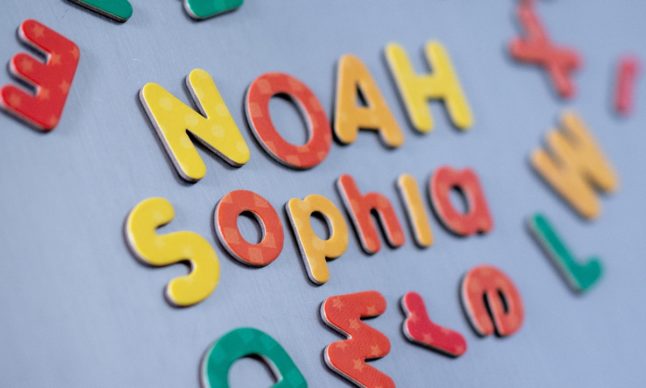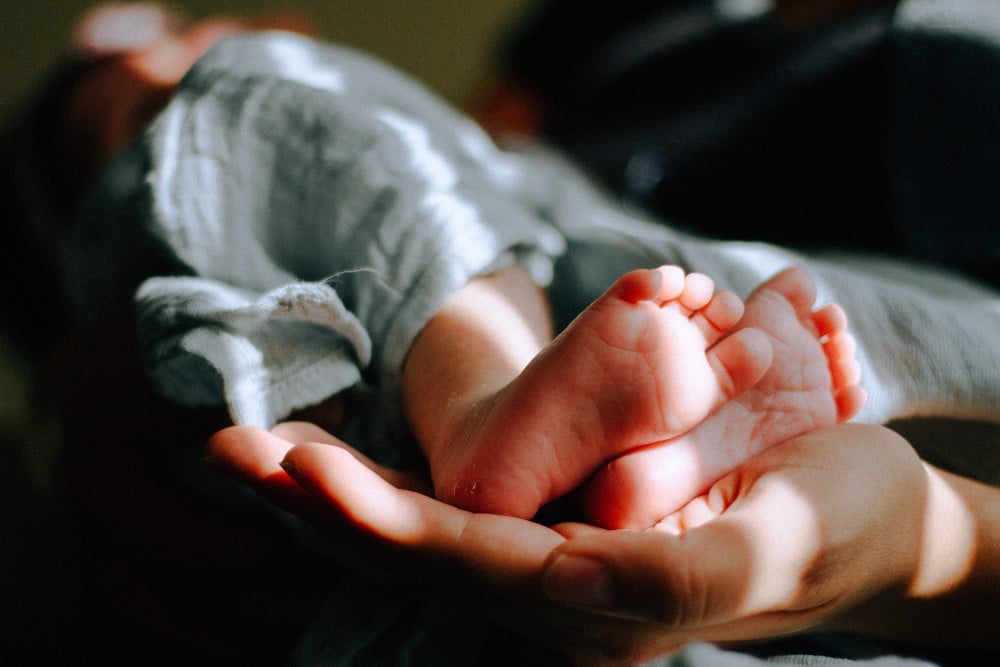Easter itself falls very early this year: Easter Sunday also coincides with the clocks going forward an hour for summertime, while Easter Monday in 2024 is on April Fool’s Day.
The Easter weekend starts on Friday March 29th, however, many Germans take some days before and after the weekend to extend their holiday.
Whether you live in Germany or are visiting, here’s what to expect:
READ ALSO: What exactly is Germany’s Green Thursday?
Gründonnerstag or Green Thursday
Gründonnerstag or Green Thursday falls on March 28th this year.
This isn’t an official public holiday although some companies do give this day off to staff as a gesture.
Many people in Germany book this day off themselves as part of their annual leave to extend their Easter holiday.
One thing you should be aware of – shops will be busy with lots of queues on this day since the following day is a holiday.
Karfreitag or Good Friday
In Germany, Good Friday, which is on March 29th, is a public holiday or Feiertag.
In general, you can except the majority of workplaces to be shut as well as schools.
Supermarkets, retail stores and pharmacies also won’t be open (except for a few in areas such as train stations) so make sure you have enough groceries at home.
Restaurants and cafes are usually open on public holidays and eager to accept customers.
Saturday
Opening hours across the country will function as they normally do on Saturday March 30th.
But do expect supermarkets to be super busy because they are closed on the following two days.
Ostern or Easter Sunday
Like any other Sunday in Germany, shops and supermarkets will be closed.
People in Germany often like to spend this day with families so you should expect lots of people of all ages doing activities like a walk in the forest or park, Easter egg hunts or going to church.
Chocolate Easter eggs are not a big tradition in Germany compared to other places like the UK, for example. But there are still plenty of chocolate bunnies around.
READ ALSO: 10 ways to celebrate Easter in Germany like a local

Ostermontag or Easter Monday
This falls on April 1st and is another public holiday in Germany.
Once again, that means workplaces are closed as well as shops, post offices and supermarkets.
What about public transport?
Public transport runs all throughout the holiday period, but on public holidays there is normally a Sunday schedule.
Nationwide train services also run across the period (but keep in mind that there could be a strike since we’ve seen a lot of them lately).
What about schools?
Schools in Germany will be closed on Easter Monday and Good Friday.
Pupils also get a holiday that usually lasts two weeks around Easter, known as the Osterferien.
Schools in Bremen, Hamburg and Lower Saxony started their break on March 18th.
Other states follow around March 23rd-25th. Schleswig-Holstein schools are the latest to start their break, which runs from April 2nd to April 19th.
READ ALSO: What days will workers in Germany get off in 2024?
Doctors, pharmacies and hospitals
Doctors’ offices and pharmacies are usually closed on public holidays, such as Good Friday and Easter Monday.
But you could still try calling your GP firstly in case they have a message letting you know the details of the on-call doctor.
You can also contact the non-emergency medical on-call service by calling 116 117 who can advise you if you have urgent questions about your health.
You can also head to the 116117 website to find a local surgery that offers emergency services.
In an emergency, call 112 for the fire brigade or ambulance or 110 for the police.
Make sure you are stocked up on any medications you need before the public holidays.
Tourist attractions
Many tourist attractions will be open as normal throughout the Easter period, including Good Friday and Easter Monday but some may operate altered opening hours. Check the attraction’s opening hours before visiting.




 Please whitelist us to continue reading.
Please whitelist us to continue reading.
Member comments